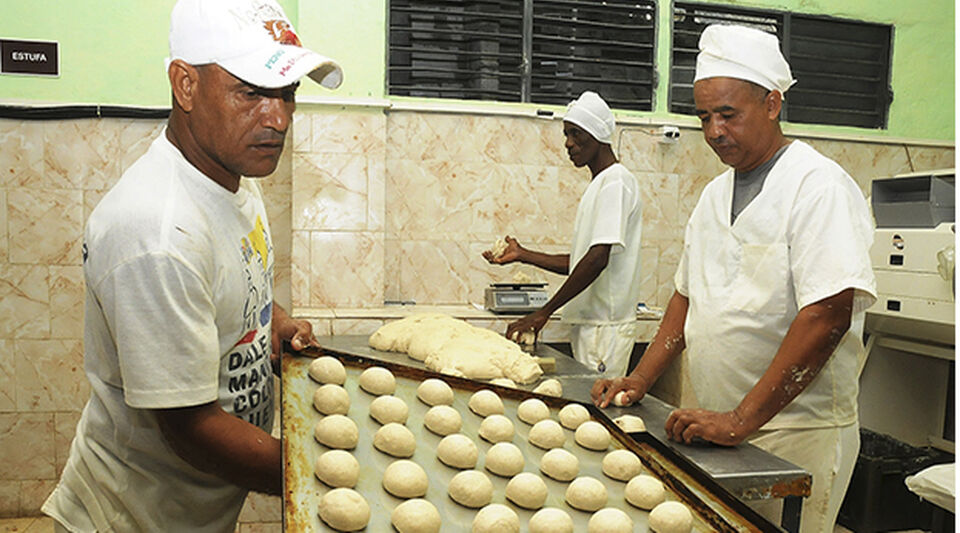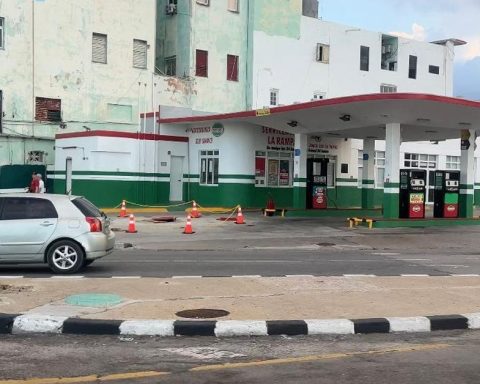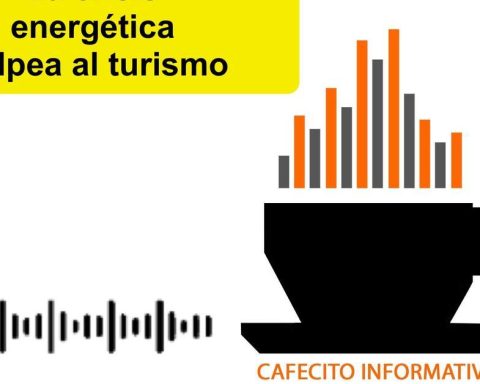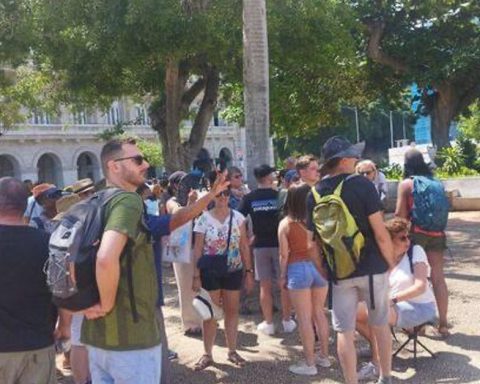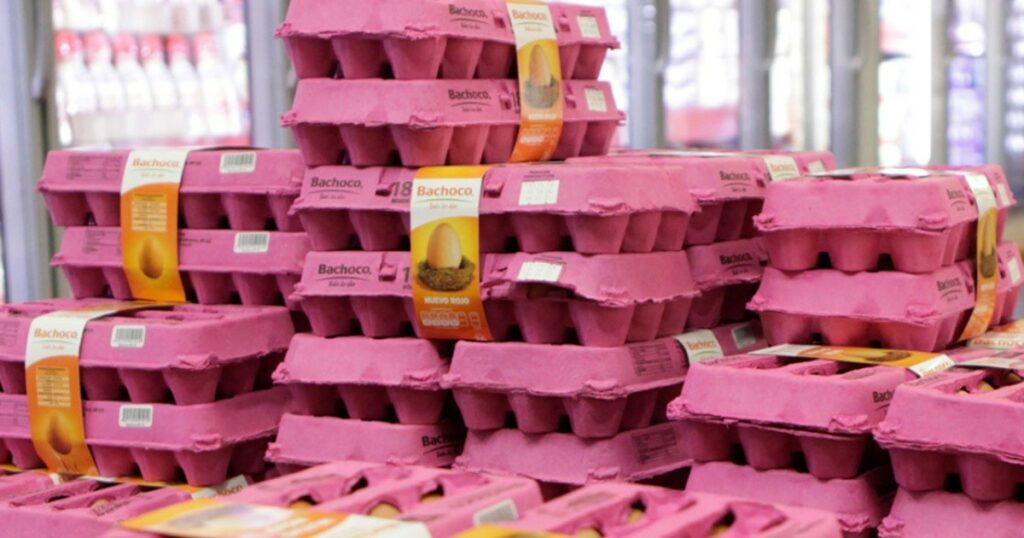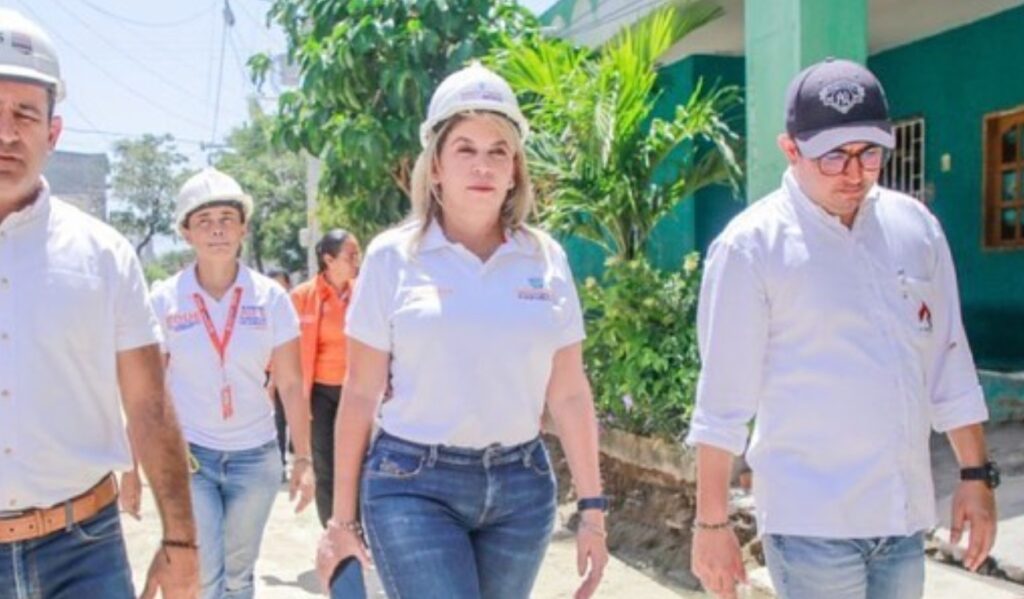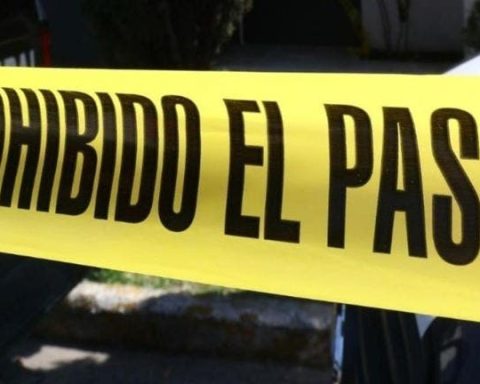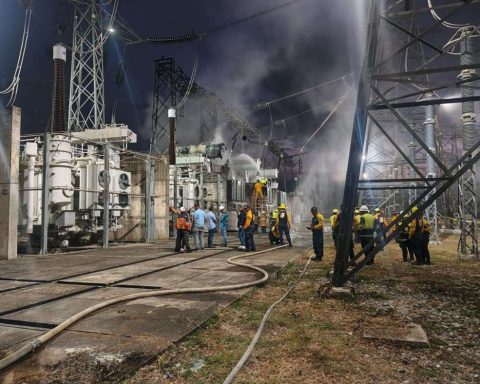The bread did not reach the tables of Cuban families in several municipalities in the provinces of Guantánamo and Holguín last week. The lack of flour and fuel prevented the companies from reaching the necessary production to guarantee supplies.
In Guantánamo, the director of the Food Industry, Albis Hernández Díaz, acknowledged that they ended the week with 60,000 fewer units than necessary, which affected families in the municipalities of Guantánamo, Baracoa and El Salvador above all.
Hernández Díaz told the newspaper overcome that the delays have worsened in the last two weeks due, mainly, to the fact that they do not have enough fuel in the generator sets of the service centers, whose equipment requires large amounts of fuel, up to 10 pounds per hour.
The director assured that she has had to recover the wood ovens for the manual elaboration of bread for a smaller number of clients. The blackouts, programmed by the Cuban government, also “conspire against it,” says Hernández Díaz, since the bread acquires an acid taste or does not rise if the dough is slow to bake.
Given the shortage of inputs, Hernández Díaz assured that they prioritize the flour available in the market with less fine grains and loaded with wheat husks. They also use low-fermentation yeast, so the flavor and color of the bread is different, and it also slows down the production process.
The Government recognizes that it cannot make more foods derived from flour because the available flour is used only for the bread of the basic basket
The Provincial Government of Holguín had already warned last Friday through a publication on his Facebook page that the lack of fuel and flour were preventing the regulated bread quota from being covered. The municipalities most affected by the shortage of the product were Gibara, Holguín, Calixto García and Sagua de Tánamo.
The shortage and high prices of bread have hit bakeries and the pockets of Cuban families hard. Meanwhile, the Government recognizes that it cannot produce more food derived from flour because the available flour is used only for bread for the basic basket, social consumption and the production of five tons of crackers for communities in remote areas of Guantánamo.
In the midst of the wheat flour deficit, state bakeries have used other doughs to make the food, as in the province of Sancti Spíritus, where up to 20% of rice husking waste is mixed with cassava flour.
But these mixtures fail to convince customers because of the sour taste of the bread. “Can you tell me what flour? Because bread is disgusting, they haven’t brought it for three days and when it arrives (…) There is no one to eat it, they are killing people’s stomachs,” replied user Tamara González Serrano in the publication of the Provincial Government of Holguín.
________________________
Collaborate with our work:
The team of 14ymedio is committed to doing serious journalism that reflects the reality of deep Cuba. Thank you for joining us on this long road. We invite you to continue supporting us, but this time becoming a member of our newspaper. Together we can continue transforming journalism in Cuba.
